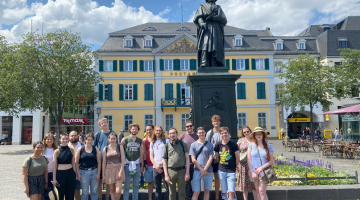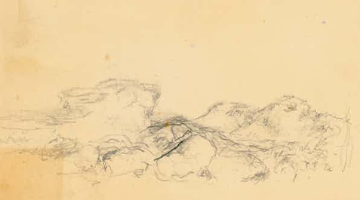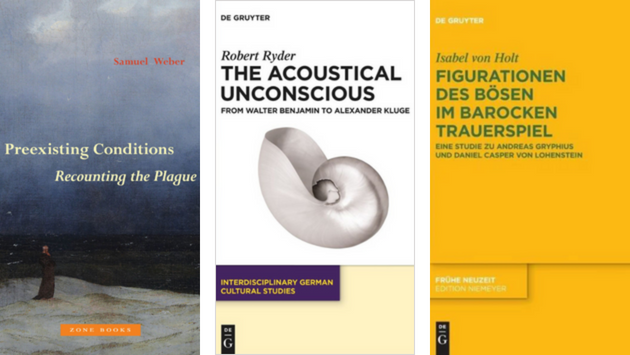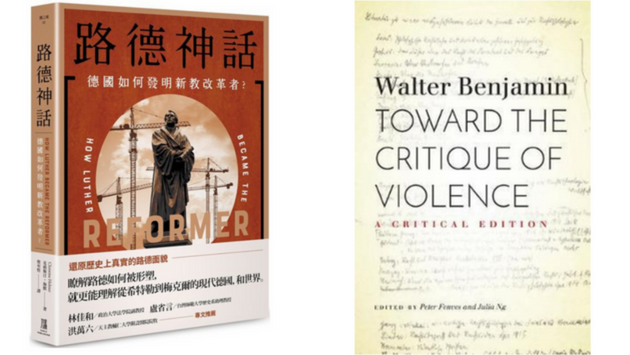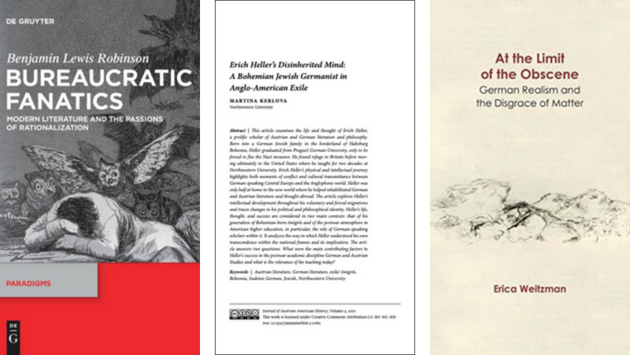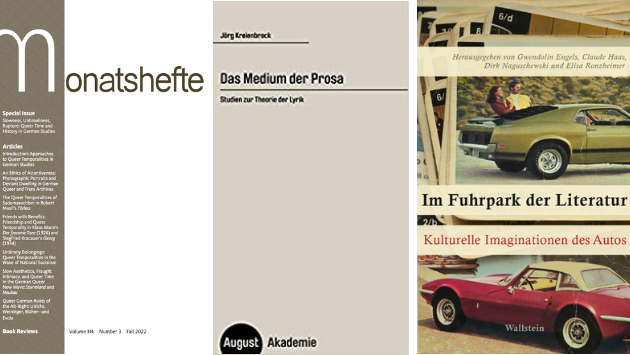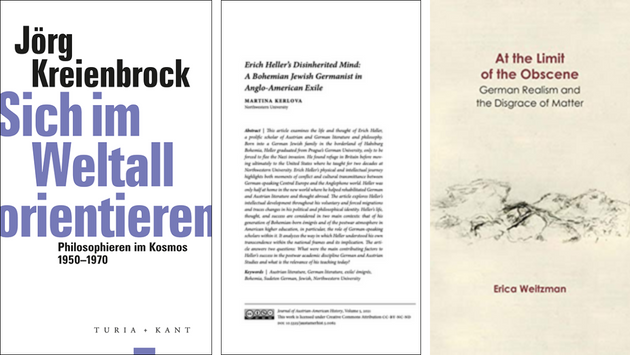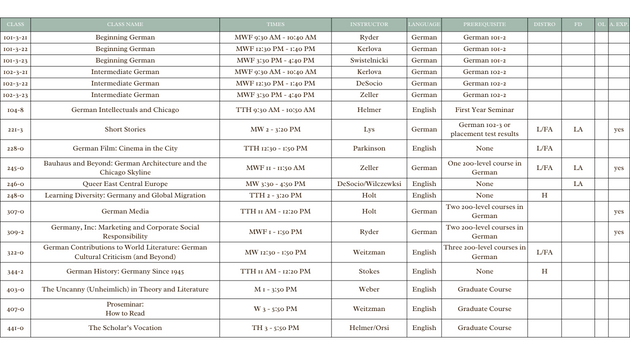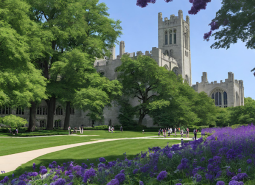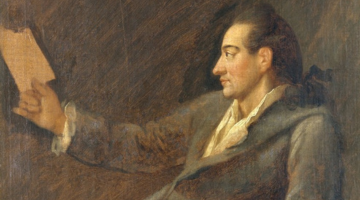
Congratulations to our new PhDs!
The Program in German Literature and Critical Thought congratulates our newest PhDs: Sorrel Dunn (CLS/German), with the dissertation "Natures of Color: The Literary Environments of Adalbert Stifter and Paul Scheerbart" (recipient of the 2023 CLS Dissertation Prize); Hector Feliciano (German), with the dissertation "Soteriologische Travestie. Eine Lektüre der Grenzen propositionalen Denkens anhand Hofmannsthals Der Schwierige"; and Ted Laport (German), with the dissertation "Education for All and None: Nietzsche, Benjamin, and the Problem of Learning." We applaud Sorrel, Hector, and Ted on their impressive accomplishments and wish them all the best for the future!


